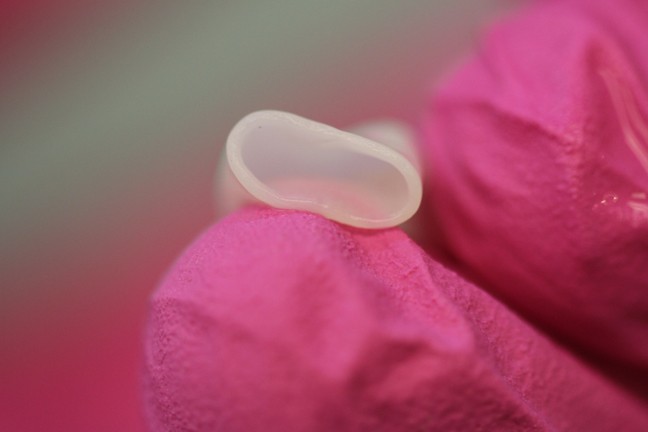In an effort to make cardiovascular surgery safer, the University of Minnesota launched Vascudyne Inc., a startup company manufacturing organic arteries and heart valves that can live and grow within the body.
The new company — formally announced last Monday — looks to use living tissue to replace arteries, heart valves and other body tissues. If successful, the material can be fully integrated with the rest of the heart, allowing it to grow and heal with the body.
Currently, the primary option for people who need a blood vessel or heart valve replacement is a synthetic device that is rigid, cannot heal and cannot change shape.
Modern-day vessel and valve replacements can pose serious problems for children, said Robert Tranquillo, a University chemical engineering professor who developed the material used by Vascudyne. With current technologies, children who require replacements would need frequent open-heart surgeries to keep up with their growing bodies, he said.
“Even a single open-heart surgery is nothing that anybody would ever want to have happen, and it’s no surprise there’s an increased risk with additional open-heart surgeries,” Tranquillo said.
Vascudyne’s new organic material would last for a lifetime. The organic material would only require the single initial surgery, because it grows with the patient.
“There’s no [tissue replacement] material that’s ever been demonstrated to be able to grow,” Tranquillo said. “I’m terribly excited.”
Current devices also require the consumption of drugs in order to prevent the body from attacking the material, said Karen Kaehler, an administrator at the Office of the Vice President for Research. Because the new material is organic, the body will accept it without needing drugs.
This is the first time that this type of tissue has been developed, Tranquillo said.
Once the organic tissue enters the body, it will merge with the recipient’s cells. The tissue also has the potential to be applied in other parts of the body.
“This is very exciting, cutting-edge, brand new … technology,” Kaehler said. “I see this as … a breakthrough in the ability to form tissues from basic starting material.”
Although the material is far from being available for human use, Vascudyne is in the process of testing it on animal subjects.
About two months ago, Vascudyne implanted a piece of the tissue to connect two arteries inside an animal, said Rick Murphy, a researcher at Vascudyne. The results that arrived last week were a success, he said.
Vascudyne hopes to use these positive results and additional animal trials in the coming months to get permission from the Food and Drug Administration to begin human trials. Murphy said the trials could begin in about a year.
“This material … performed so much better than anything we’d seen before,” he said. “It was kind of a slam dunk.”








